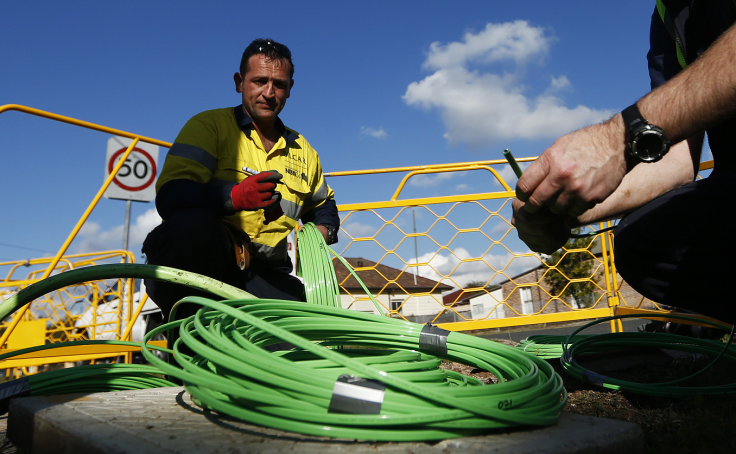Affordability is Australia’s lowest performing digital readiness aspect: report

A new report has shown that Australia slipped two places in the World Economic Forum’s Networked Readiness Index. The nation is now 18th in a list of 139 countries.
The “Digital Australia: State of the Nation showed Australia” report indicates that Australia has fallen in the global rankings as other countries grow to become more technologically advanced. The index measures the impact of information and communications technologies on the economy and society.
The country’s Index score remains the same as it was in 2014. According to the report, Australia scored well in individual usage of ICT. It was brought down, however, by the cost of fixed broadband. “Affordability is Australia’s lowest performing digital readiness aspect, currently ranked at fifty-seventh in the world,” the report reads.
An industry expert told the Senate committee that costs of internet connections under the National Broadband Network are among the highest in the world. University of Melbourne’s Rod Tucker said that Australia FTTP connections were costing $4405 on average per premises, The Australian reports.
NBN Co refused to comment when asked whether the country’s FTTP rollout was among the world’s most expensive. The former Labor government said that 93 percent of homes are getting FTTP connections.
Australia slips
Although the country’s average fixed broadband speeds reached a record high 11.1Mbps, its difference to those leading the global ranking has widened, leaving Australia at the 50th rank in the world. New Zealand for instance, has an average fixed-broadband speed of 14.7Mbps. It secured the 27th spot.
South Korea sets the benchmark for the rest of the world, with internet speeds almost three times faster than in Australia. “Assuming that the average download speed remains consistent, a 1.74 gigabyte standard definition video file would take approximately 8 minutes to download in South Korea and close to 21 minutes in Australia,” the report further states.
As for mobile broadband, Down Under is better positioned with average download speeds of 15.7 Mbps. It ranked 11th globally in terms of mobile broadband.
Meanwhile, sixty three percent of Aussies support the NBN rollout. They believe the nation needs major digital infrastructure programs to attain a world-class digital economy.
Since 2014, the number of Aussies complaining that the NBN is worse than expected has nearly doubled, News.com.au notes. The issue was the most common complaint of customers. Unreliable connection and lack of improvement to previous internet service follow close behind.
Read More:
Optus apologises to customers after mobile, broadband outage
Mobile apps create jobs for more Aussies
CNET/YouTube





















